Risk
The world is undergoing major changes, as population increases, mobility is on the rise, and urbanized areas are increasingly subject to natural, technological or social hazards.
More than ever before, it is necessary to train managers, mediators, and researchers who are capable to contribute actively to making our societies more resilient to risks. This is a major objective of the Risk program.
A second objective is to bring together more efficiently Grenoble’s training and research teams involved in risk and crisis management, to make them more visible and attractive, especially at the international level, and to foster employability.
A strong emphasis will also be put on the management of crises, an aspect which is not adequately covered today within the existing curricula.
Risk teaching units
This thematic program is structured around:
- A mentored research project in the 1st year (6 ECTS) aimed at providing students with research experience on a problematic of modelling, analysis, evaluation or decision-making in the risk field.
- A Summer School on risk in the 2nd year (6 ECTS) aimed at providing a knowledge base on risk management (domino effects, crisis simulation, resilience/governance or decision support) by capitalizing on the achievements of previous Summer Schools and the presentation of new subjects (e.g. pandemic management).
All courses are taught in English.
How to apply
Students should first be enrolled in one of the Master’s degree or Engineering curriculum listed below:
Associated Doctoral schools
- Doctoral School of Management Sciences (ED SG)
- Doctoral School Earth, Environmental and Planetary Sciences (ED STEP)
- Doctoral School Humanities, Political and Territorial Sciences (ED SHPT)
- Doctoral School Electronics, Electrical Energy, Automatic Control, Signal Processing (ED EEATS)
- Doctoral School Engineering - Materials, Mechanical, Environment, Energetics, Processes, Production (ED I-MEP²)

